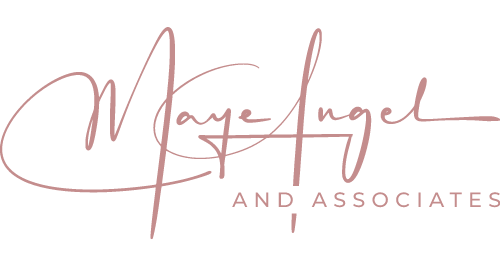Being a coach, a common question that I often encounter is:
“How are counseling and coaching different?”
They might sound similar but, it is very important to understand the differences so that people can precisely decide who they looking for. Likewise, anyone who is enthusiastic about joining the field of coaching and counseling should also know them well.
Let’s shed some light on how coaching and counseling differ concerning their goals, methods, and foundation.
Core Emphasis
The main difference between coaching and counseling is their center of focus.
For counseling, it is your past that we explore. It helps you accept and deal with your unhealed traumas, pain, and broken relationships, in order to have a positive outlook on life. Counseling helps you cope with your past emotions in a tapered way so that you can accept what life can offer you.
Coaching, however, puts an emphasis on your present and future. It helps you set attainable goals, work persistently, and finally achieve them. Your coach acts as a stair to help you climb up and reach your maximum potential in life. You unlock new challenges and work your way out to pass the hurdles you encounter in daily life.
Objectives
Counseling aims at paving a pathway that helps you get up and move forward in life. A counselor understands and untangles your past emotions and experiences slowly. This helps you get rid of the hurt and brings forward the positive and achievable aspects of life.
They use a clinical approach that helps you realize your grief, and slowly pour that emotion out of you in a step-by-step session approach.
However, a coach makes you identify your inner self. They help you ponder upon your strengths and weaknesses, discuss them using a systemized approach, and use them to make you excel in life. You are much more likely to achieve your goals when a coach is there to help and guide you in various aspects of life.
Accountability
Your counselor is supposed to hold you accountable for your feelings and emotions. They train you to identify and find out the reason why you are feeling that particular way. Therefore, you can manage and deal with your emotions and feelings. They make you self-aware by exploring the emotional aspects of your life. This has a profoundly positive impact on how you deal with your relationships and the people you encounter in daily life.
However, a coach holds you accountable for your actions. They make you set goals and keep a check on your achievements and downfalls. They also inculcate self-awareness but from a different perspective. This makes you able to realize and positively modify your actions. This immensely impacts your personality and how you see people and circumstances around you.
Final Words
A counselor deals with aspects like post-traumatic stress disorder, marital counseling, abuse, and trauma survivors.
Be it a person grieving the loss of a loved one, someone going through broken relationships, or struggling psychologically in any way, a counselor is the one they should approach.
However, a coach is someone who deals with business, confidence, strategies, leadership, career opportunities, and much more. If you are looking to boost your skills and excel in life, a coach is the one you should approach. A number of people offer one or both services based upon their expertise and experience.
I being a coach, personally believe, that both counseling and coaching are useful and much needed because they help people recollect themselves, and realize their inner strengths.



